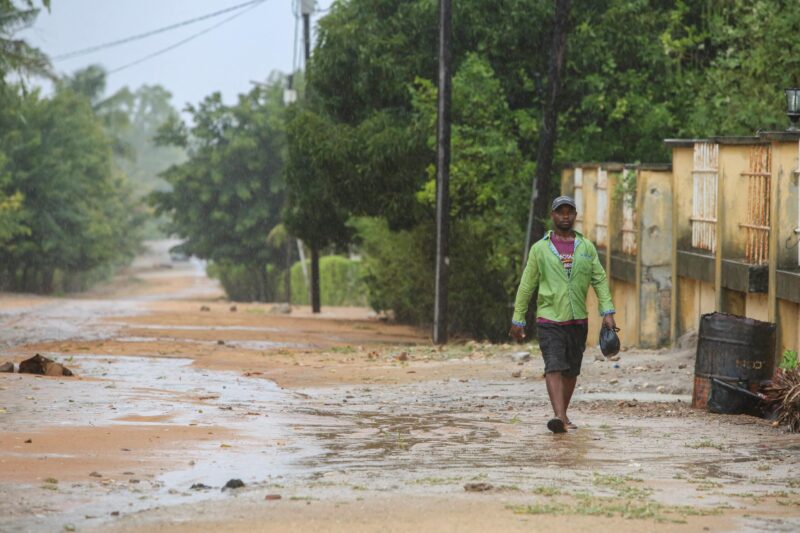Last November, at Cop27 in Egypt, a pivotal decision was unanimously agreed by all countries to establish a funding mechanism to address loss and damages caused by human induced climate change.
The process for doing this was also agreed by setting up a Transitional Committee (TC) on funding loss and damage with 24 members representing different geographical and other constituencies which would meet three times before Cop28 in Dubai in December.
The TC has just been formed with some eminent people as members and will have its first meeting in March in Egypt. They will have to come up with ways in which the fund can be set up and managed for a decision at COP28.
As a veteran of the UN climate change process and having engaged on the topic on behalf of the most vulnerable developing countries and communities, I have some recommendations for the newly set up TC.
1. Do not operate on ‘unfccc time’
My first recommendation is the need for urgency.
In the last few days alone, hundreds of victims of human induced climate change have lost their lives and livelihoods in Vanuatu from two successive cyclones.
In Mozambique and Malawi, Cyclone Freddy hit both countries twice within a few days. They need help today, not tomorrow.
So please do not operate in ‘UNFCCC time’ which would mean talking and talking for years before a penny is available in the fund. Please try your best to get something up and operational by Cop28 rather than Cop29 or Cop30.
Do not make ‘perfect’ the enemy of ‘good enough’! An imperfect fund that starts to operate quickly is better than waiting years for the first dollar to be delivered.
Vulnerable nations set up alliance to prepare loss and damage action plans
2. Partner with experienced actors
The second message is on how to deliver funds and to whom. The existing funds under the UN climate process, such as the Adaptation Fund (AF) and the Green Climate Fund (GCF), take a long time to evaluate and approve. That money doesn’t start flowing for many years.
For the victims of a flood or cyclone that is absolutely unfit for purpose. The global humanitarian actors have a much better and fast delivery system to respond rapidly to such rapid onset weather events.
It is worth engaging with the UN Office for the Coordination of Humanitarian Affairs (OCHA), the Red Cross, the Red Crescent and the World Food Programme (WFP), among others, who have in fact developed methods of pre-positioning materials, as well as providing anticipatory funds.
However, not all climate change impacts manifest themselves as rapid onset extreme weather events. A major impact of human induced climate change is from sea level rise, which is quietly displacing thousands of people living in low lying coastal zones of islands and deltas.
Hence, this should be a very high priority for the TC under the UNFCCC, as it cannot be fobbed off on to other agencies.
3. Become a formative voice
My third and final message for the TC is to become the main voice and explainer of what loss and damage entails. This is still a highly confusing topic and needs to be explained to a wide variety of decision-makers very rapidly.
My request to the TC and UNFCCC Secretariat is to invest in a very robust and effective communication strategy for all your work on a rapid and regular basis.
This also means making your own deliberations as transparent as possible. I hope that you will welcome and facilitate the engagement of observers to each of your meetings and meet with us after each meeting to share what you are working on and be open to engagement from us.
Let me end by wishing every success to the TC and hoping that it can be the first Committee set up under the UNFCCC that can operate in ‘reality time’, rather than ‘UNFCCC time’.
Saleemul Huq is the director of the International Centre for Climate Change and Development
